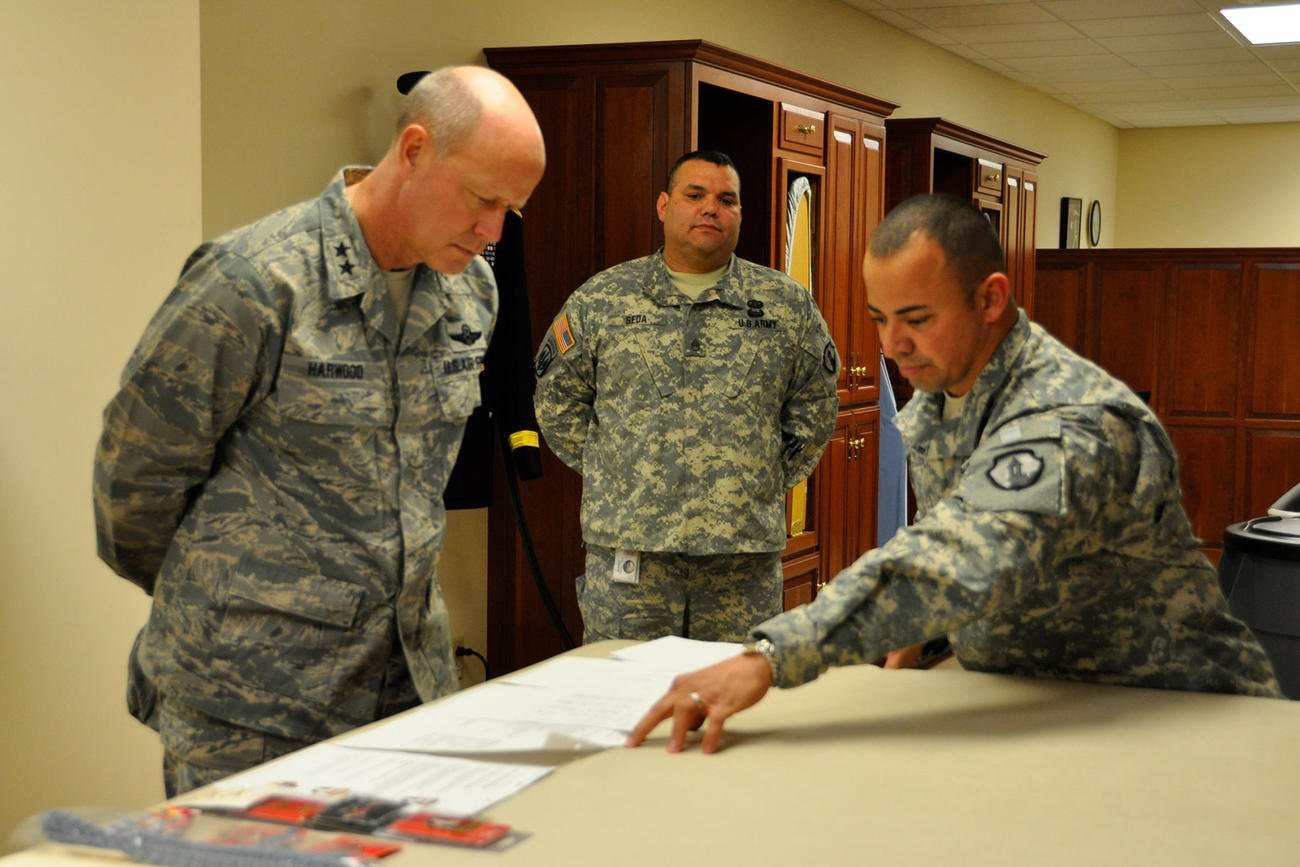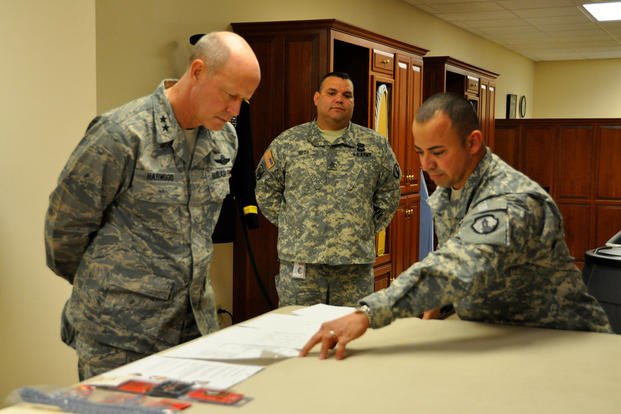

A retired Air Force officer won $15,671 from American Airlines after the company violated a federal law meant to protect veterans and service members’ civilian employment rights, according to the Department of Justice.
Thomas Harwood III, a retired major general and Air Force Reserve veteran with 35 years of service, was employed as a pilot and noticed that American Airlines shorted and delayed payment to his 401(k) after he returned to work following his Reserve duties, according to the DOJ.
For years, Harwood and the airline were locked in a back-and-forth legal battle following his return to work in 2016. But the retired major general came out on top with a DOJ announcement on Wednesday, also marking a victory for federal law forbidding such discrimination by employers.
Read Next: It ‘Blew Everything Apart.’ Osprey Accident Shows Danger of Clutch Issue as Services Keep Flying
“American both underfunded the make-up contributions it owed to his 401(k) account upon his return and deposited them well after the 90-day limit provided by federal regulations,” the department said.
The federal statute, the Uniformed Services Employment and Reemployment Rights Act, known as USERRA, protects troops and veterans from retaliation or discrimination from private employers over their military status, according to the Department of Labor.
“Federal law requires employers to promptly reemploy servicemembers after their military service obligations, and also requires them to promptly restore their retirement benefits as if they had no break in employment,” Assistant Attorney General Kristen Clarke of the Justice Department’s Civil Rights Division said in a press release.
National Guard and Reserve troops filed 1,134 cases of workplace discrimination to the Pentagon’s Employer Support of the Guard and Reserve, an entity within the military that assists part-time troops with civilian employment issues, the Labor Department said in its latest annual report to Congress.
Cases varied between issues with health benefits, pensions, accommodations for disabilities and outright layoffs. The most common form of discrimination that troops claimed was reinstatement. Almost 60% alleged that they returned to work and lost seniority, benefits or other employment opportunities that they would have received had they not been called for military duty.
Harwood, who has been an employee of American since 1992 — one year after he joined the Air Force Reserve — claimed that the airline violated USERRA by underfunding his retirement account.
The retired general declined to comment on his case specifically when contacted by Military.com. But he referred to a quote by Supreme Court Justice Brett Kavanaugh this year during oral arguments in Torres v. Texas Department of Public Safety.
The high court ruled 5-4 in June that a former state trooper, Le Roy Torres, can sue Texas after its public safety department booted him from his job due to injuries from an Iraq deployment. Torres co-founded Burn Pit 360 with his wife Rosie to help veterans affected by toxic exposure get compensation.
Kavanaugh, during the case, said the country’s ability to wage war depends on Americans willingly enlisting. Harwood indicated that might not happen if their employment rights aren’t protected under USERRA.
According to his official Air Force biography, Harwood has more than 3,600 flight hours between the F-16 Fighting Falcon, F-15 Eagle and T-38 Talon, and has served in several Air Force billets with deployments to Bosnia, Iraq and Afghanistan.
He has at least one other separate but pending claim against American that alleges the company again violated USERRA “by delaying his reemployment and denying him a pilot position after a qualifying period of military leave from June 2013 to August 2015,” according to court records.
American Airlines’ 401(k) staff is required to undergo at least one hour of USERRA employment training within 180 days of the Aug. 23 settlement.
— Drew F. Lawrence can be reached at [email protected]. Follow him on Twitter @df_lawrence.
Related: USERRA Frequently Asked Questions
© Copyright 2022 Military.com. All rights reserved. This material may not be published, broadcast, rewritten or redistributed.
